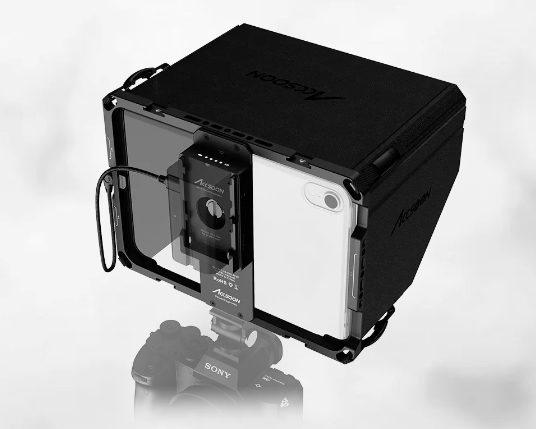In the ever-evolving world of technology, wireless computer video recording has emerged as a pivotal innovation. This article delves into the concept of a wireless video recorder, shedding light on its components, applications, advantages, and potential implications.
Understanding Wireless Video Recorder
A wireless video recorder, often referred to as a wireless DVR (Digital Video Recorder), is a cutting-edge device designed to capture and store video content without the need for traditional physical connections. Unlike conventional wired systems, which rely on cables to transmit video signals, a wireless video recorder leverages wireless communication technologies to transmit and store video data.
Components of a Wireless Video Recorder
To comprehend the inner workings of a wireless video recorder, it’s essential to break down its key components. These components include:
- Cameras: The core element of any video recording system, wireless video recorders typically connect to wireless cameras. These cameras capture video footage and transmit it wirelessly to the recorder.
- Wireless Transmitter: The wireless transmitter is responsible for sending video signals from the cameras to the recorder. It operates using various wireless communication protocols, such as Wi-Fi or Bluetooth.
- Storage Device: A crucial part of the wireless video recorder is its storage device. This can be a built-in hard drive or an external storage solution, such as a network-attached storage (NAS) device. The storage device stores the recorded video footage for later retrieval and playback.
- User Interface: Most wireless video recorders come equipped with a user-friendly interface, accessible via a computer or mobile device. This interface allows users to configure settings, view live feeds, and access recorded footage.

Applications of Wireless Video Recorder
The versatility of wireless video recorders has paved the way for a multitude of applications across various industries. Some notable applications include:
- Home Security: Wireless video recorders are commonly used for home security systems. Homeowners can install wireless cameras around their property and connect them to a central recorder, providing real-time monitoring and recording capabilities.
- Business Surveillance: Many businesses employ wireless video recorders to enhance security. These systems help monitor critical areas, deter theft, and provide valuable evidence in the event of incidents.
- Traffic Monitoring: Wireless video recorders are instrumental in traffic management and surveillance. They are often used to monitor traffic flow, capture license plate information, and aid in accident investigations.
- Remote Monitoring: One of the significant advantages of wireless video recorders is their ability to facilitate remote monitoring. Users can access live feeds and recorded footage from anywhere with an internet connection, making them ideal for remote surveillance and monitoring applications.
Advantages of Wireless Video Recorders
Wireless video recorders offer several advantages over traditional wired systems, making them a popular choice in today’s digital age:
- Flexibility: Wireless video recorders provide greater flexibility in camera placement, as they are not limited by the constraints of physical cables.
- Scalability: These systems are easily expandable, allowing users to add more cameras and extend coverage as needed.
- Ease of Installation: Installing wireless video recorders is typically less labor-intensive than their wired counterparts, reducing installation costs.
- Remote Access: Users can access live and recorded video footage remotely, enhancing convenience and accessibility.
Potential Implications and Future Developments
As wireless video recording technology continues to evolve, its implications are far-reaching. From advancements in video compression techniques to improved security protocols, the future of wireless video recorders is promising. However, it is essential to address potential privacy and security concerns associated with these devices to ensure responsible usage.
In conclusion, a wireless video recorder represents a remarkable leap in video recording technology. By eliminating the need for physical connections and offering versatility, scalability, and remote accessibility, these devices have found applications in various sectors, from home security to traffic management. As technology continues to advance, the future holds exciting possibilities for the evolution of wireless computer video recording.
